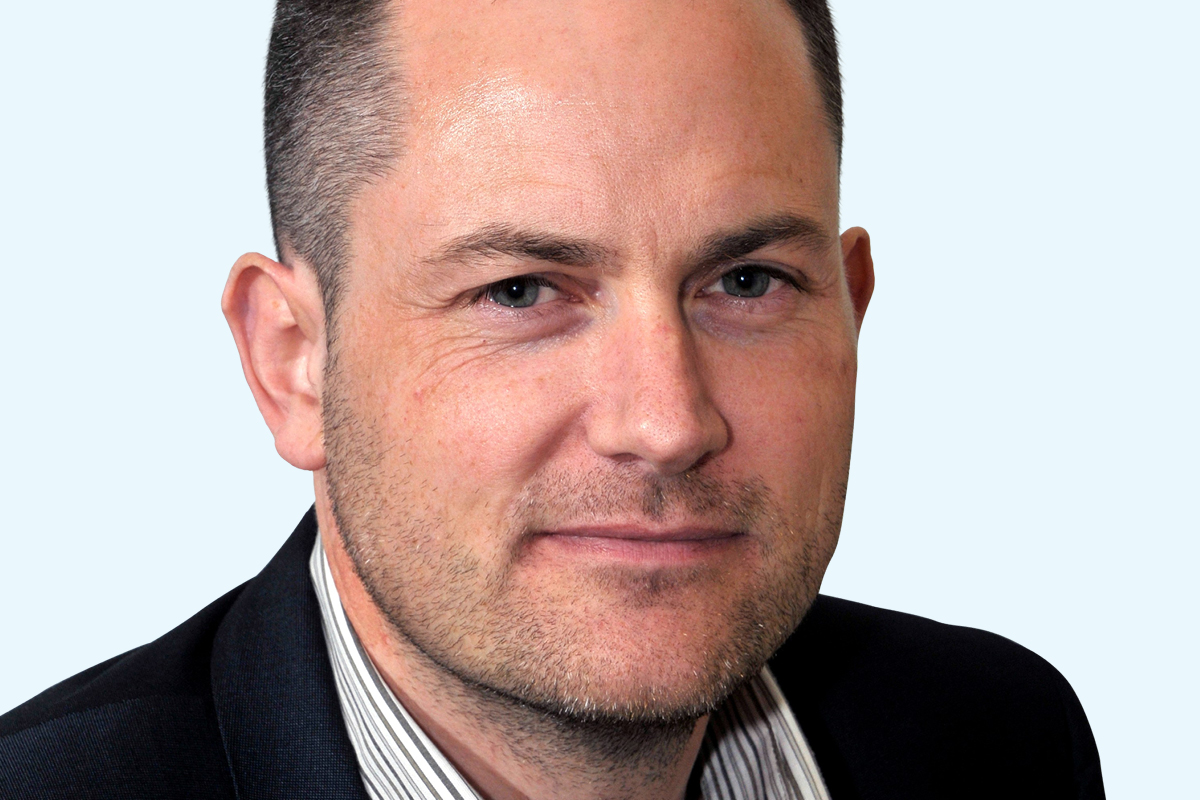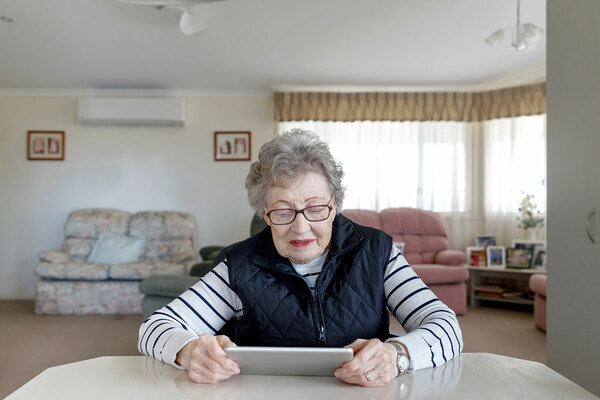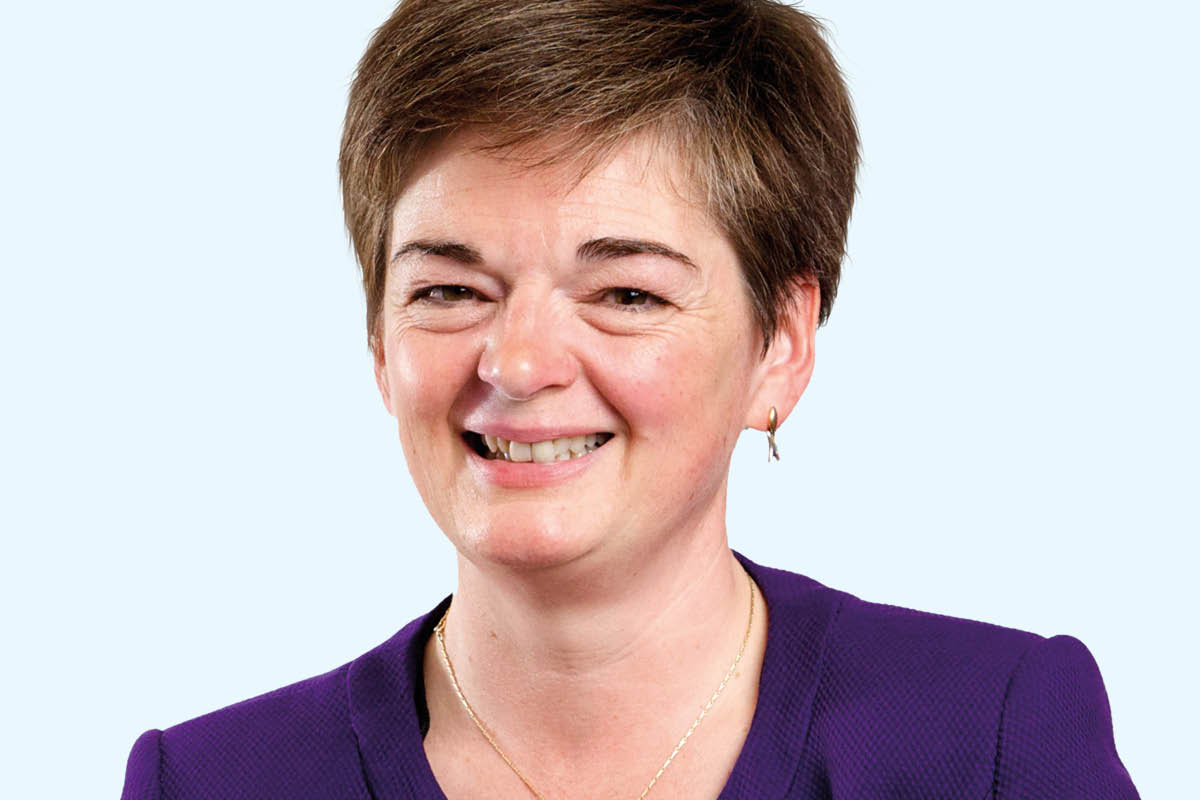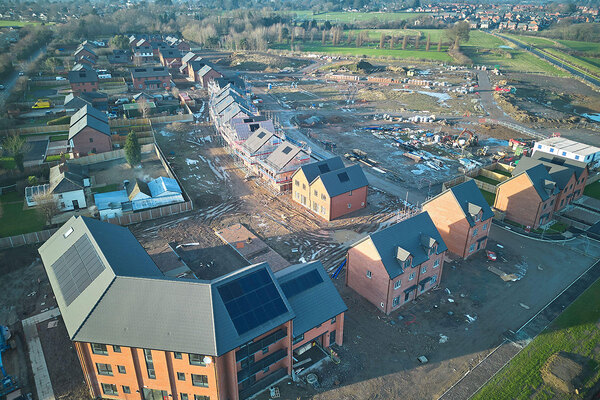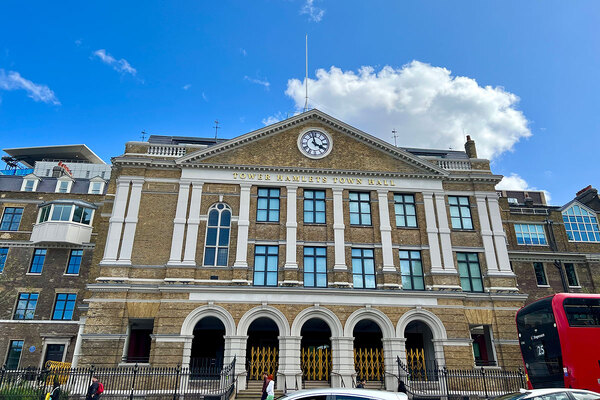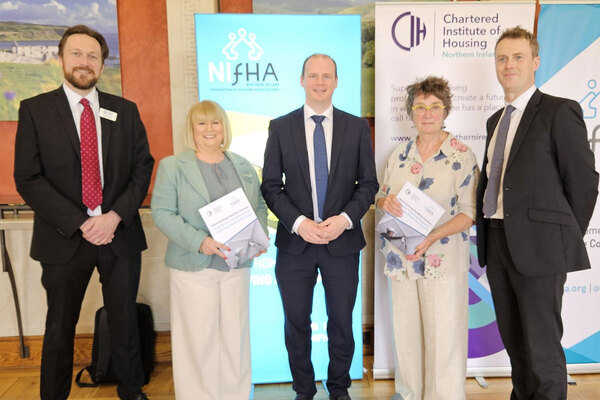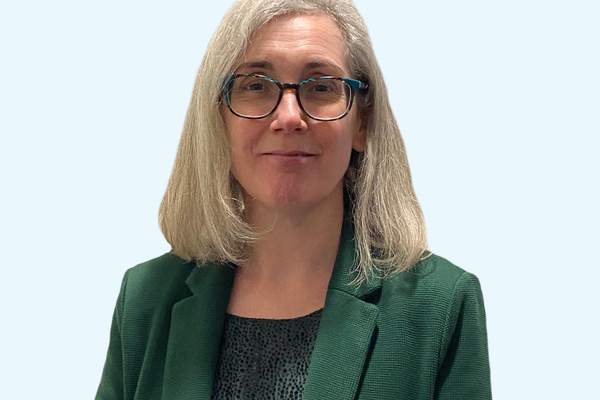What does the digital switchover mean for the housing sector?
By 2025, analogue telephone lines will be completely replaced with digital – but 11% of the population do not have internet access, and many of these people live in social housing. An Inside Housing webinar, sponsored by Alertacall, looked at what the switchover involves
The government has set a target that in three years’ time, traditional analogue telephone (or public switch telephone network) lines will no longer exist and instead all connections will switch to digital services and plug in to broadband networks (or voice-over internet protocol).
The switchover to digital has already begun, but what does it mean for social landlords and supported living providers?
Ofcom says that all phone providers must offer internet connection for a minimum of phone-only use, however at present 11% of the population do not have an internet connection at home, and those households are four times more likely to come from low-income households and eight times more likely to be over 65 years of age.
This suggests a risk to the 1.7 million vulnerable residents who rely on telecare to support their independence and safety – as 85% of those living in sheltered housing in the UK have a landline.
In addition, recent research suggests that 42% of over 75-year-olds are digitally excluded, and while the pandemic has led to a 24% increase in this figure, there is still a digital divide in all poorer households who do not have access to broadband or devices.
When it comes to education, more than 524,000 five to 15-year-olds (or 23.4%) did not have a useable device last year – and for many people, this is the reason they did not engage with testing for COVID-19. A significant proportion will be living in social housing and it is vital that landlords have a digital strategy for the transformation and to support residents.
An Inside Housing webinar, in association with Alertacall, looked at what the switchover involves, as well as challenges and opportunities, and asked:
- What funding is available for organisations to apply for?
- What impact might the switchover have on safety, such as fire alarms and door entry systems, and individual alarms for those living in supported living homes?
- How might this impact the digital divide and how can landlords help residents who are older, living in supported living or experiencing poverty to overcome this?
Inside Housing and Alertacall webinar: the participants
Holly Holder, senior evidence manager for housing, Centre for Ageing Better
Holly Holder joined the Centre for Ageing Better in 2018 from NHS England’s innovation and strategy directorate. She was a policy manager on issues related to integrated care and commissioning.
Ms Holder also worked in the urgent and emergency care national operations team, monitoring and supporting improvements to patient care.
Prior to this, Ms Holder worked as a fellow in health policy at the Nuffield Trust. There she conducted research on social care provision, primary care design and healthcare commissioning, and undertook several evaluations of large-scale integrated care programmes.
She also has experience working in social housing – as a researcher and consultant for Campbell Tickell – as well as in human rights and equalities research more generally, working for the Centre for Analysis of Social Exclusion at The London School of Economics.
Anne Jenkins, head of digital, Blackwood Homes and Care
Anne Jenkins has worked in the social housing sector for more than 15 years across frontline tenancy management, needs assessment and homelessness, with experience in local authorities and RSLs.
She joined Blackwood’s housing service in 2013 and moved to the innovation team in 2018, and has led on the development and implementation of CleverCogs and the customer technology offer.
Ms Jenkins leads Blackwood’s analogue-to-digital transition programme, representing the organisation at numerous telecare advisory and technology forums.
James Batchelor, founder and chief executive, Alertacall
James Batchelor is an expert on technology for the ageing population and a speaker on entrepreneurship, and he advises other senior decision-makers about future technologies. He is chief executive and founder of Alertacall, which was set up in 2004 and inspired by the changing needs of Mr Batchelor’s own highly independent grandmother.
Alertacall’s team are experts in digitally enhanced daily contact that confirms health and safety, detects changing needs and improves customer care. Mr Batchelor is also a trustee of The Silver Line, the nationwide charity and freephone helpline for older people founded by Dame Esther Rantzen, and an honorary teaching fellow at Lancaster University where he is an “entrepreneur in residence”, supporting and mentoring students and other business leaders from the region.
Lindsay Courtney, head of clinical practice, Home Group
Lindsay Courtney is determined to deliver innovative solutions to people with complex health and social care needs. She works to promote independence through rehabilitation and reablement and to embed assistive technology in service design.
Ms Courtney is a qualified and registered occupational therapist and was a university lecturer for several years. Her specialisms include extra care, community well-being, ageing, frailty, older people, complex needs, occupational therapy, dementia, assistive technology, reablement, rehabilitation and social care.
Sign up for our care and support newsletter
Already have an account? Click here to manage your newsletters

